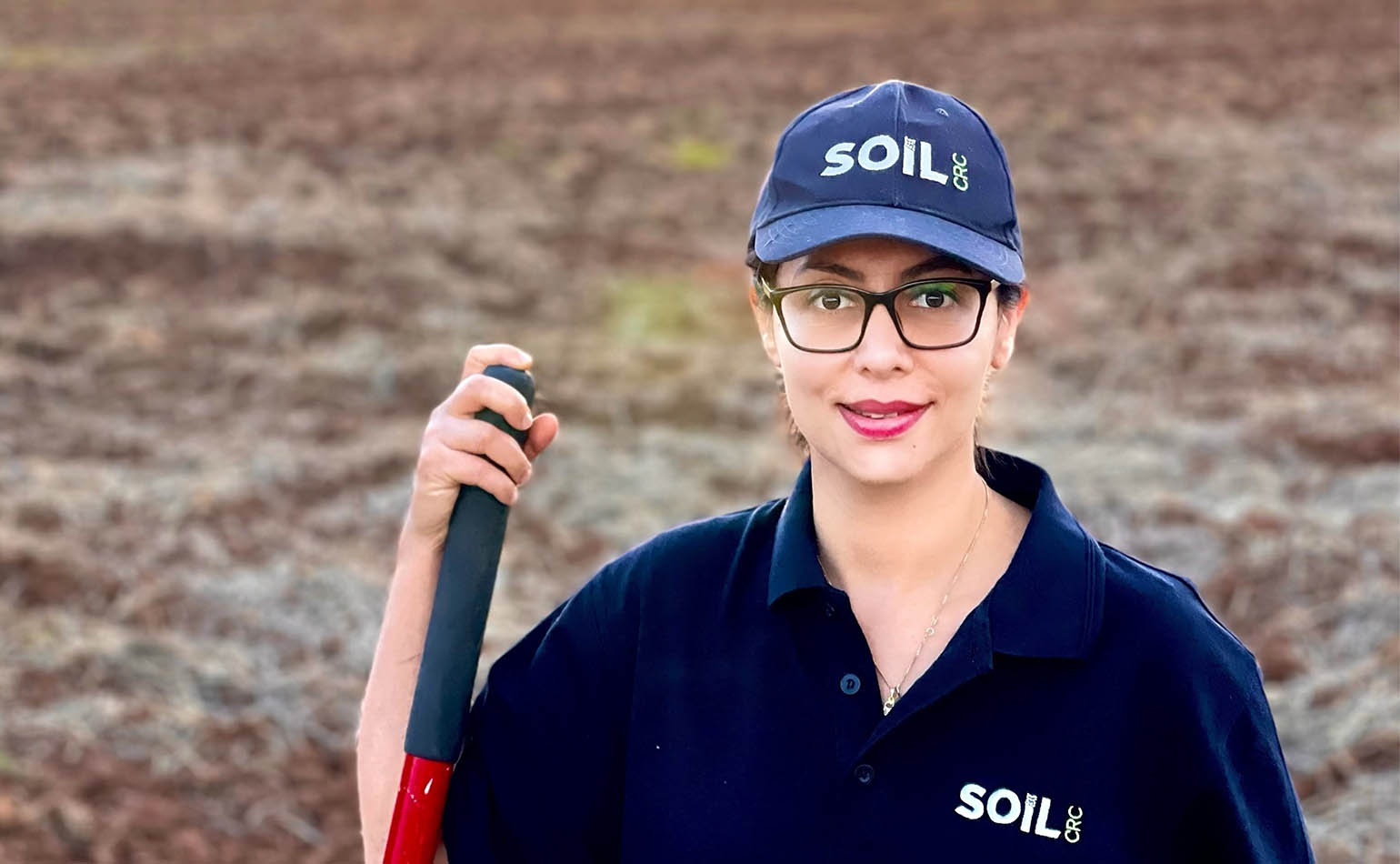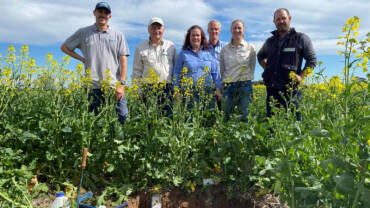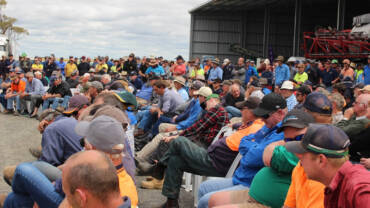Discovering soil like a mystery novel
| Posted Jul 08,2021Sepide Abbasi is a Soil CRC PhD student studying at the University of Newcastle and working on the PhD project Phosphorus lability from iron phosphate and biochar induced by root exudates.
Her PhD supervisors are Professor Megh Mallavarapu and Dr Dane Lamb, both from the University of Newcastle.
Sepide had a chat with Soil CRC Communications Manager, Katherine Seddon.
What are you working on?
I am involved with the Soil CRC project on recycling phosphorus from waste streams (Recovering nutrients from organic waste streams) for agriculture. Due to the unique phosphorus chemistry in these products, I test the recycled products in the laboratory to measure the phosphorous release to plant roots.
I use an innovative procedure to test different products in the rhizosphere environment from different soils and different plants. I’m currently measuring the labile phosphorus fraction using the diffusive gradients in thin films (DGT) technique and radioisotope techniques.
Soil phosphorus can be categorised as solution phosphorus, labile and non-labile phosphorus. It’s important to know what fraction of total phosphorus is labile because this impacts the phosphorus that is available for plants and microorganisms.
What do you love about it?
Phosphorus is one of the major nutrients essential for all living creatures. Most people are aware that phosphorous rock is a finite resource. Although, there is doubt about if it will run out in 50 years or 400 years, there is no argument that it will one day run out. So, it is important to manage phosphorus and recycling it from waste streams is a great option. I am very proud to be involved with this project that may benefit future generations, that’s what I really love about my project.
Why did you choose soils?
Soil always gives me a special feeling of safety and stability. I am from Iran, and there is a Persian saying, “you can grow big and strong if you develop your roots wide and deep”. Stability comes from plants having deep roots in the soil. But for me it’s not only the plant, it’s also the support that the soil provides. We know that soil hosts billions of microorganisms, supporting millions of people, storing all nutrients that we need, cleaning our water, impacting climate and many other things that shows how much our life is dependent on healthy soil.
But there are also many other things that we don’t know about the soil and we are trying to discover. For me learning about the soil is like reading a mystery novel. The more I read and learn about it the more I am interested to discover it and solve the mysteries. It’s funny as a scientist you like to be the first person who sees the problem and solve the problem, exactly like mystery novels you like to solve the puzzle before author gives you the answer.
What did you do before your PhD?
I completed my Bachelor degree in Agriculture, Engineering and Animal Science at the University of Mazdaran in Iran. I then moved to Australia to complete my Masters in Environmental Management and Sustainability at University of South Australia.
Why did you choose to do a PhD?
Basically, a desire to develop a deeper knowledge. PhD study gives you a chance to develop your skill sets while improving your scientific knowledge in a particular subject or field. I have been able to learn about different software, laboratory instruments, machinery and even synchrotron techniques. I have learned how to design different projects, manage budgets, and deliver the best results within a limited time frame. I have had the chance to be exposed to different projects.
What has been the benefit of doing a PhD with the Soil CRC?
There has been some great training programs and support. I particularly found the training on how to use media and social media to represent our research, very helpful.
It’s great to feel like you are part of a team, and there are great opportunities to network and meet senior people in your field.
What do you hope to do afterwards?
I would like to work as a soil and environmental scientist. I am hoping that I can be involved with projects that help to protect soil and keep it healthy and clean for future generations.
I would also like to see what it is like in the outside world, to get experience in industry. Then I would like to consider more research.





